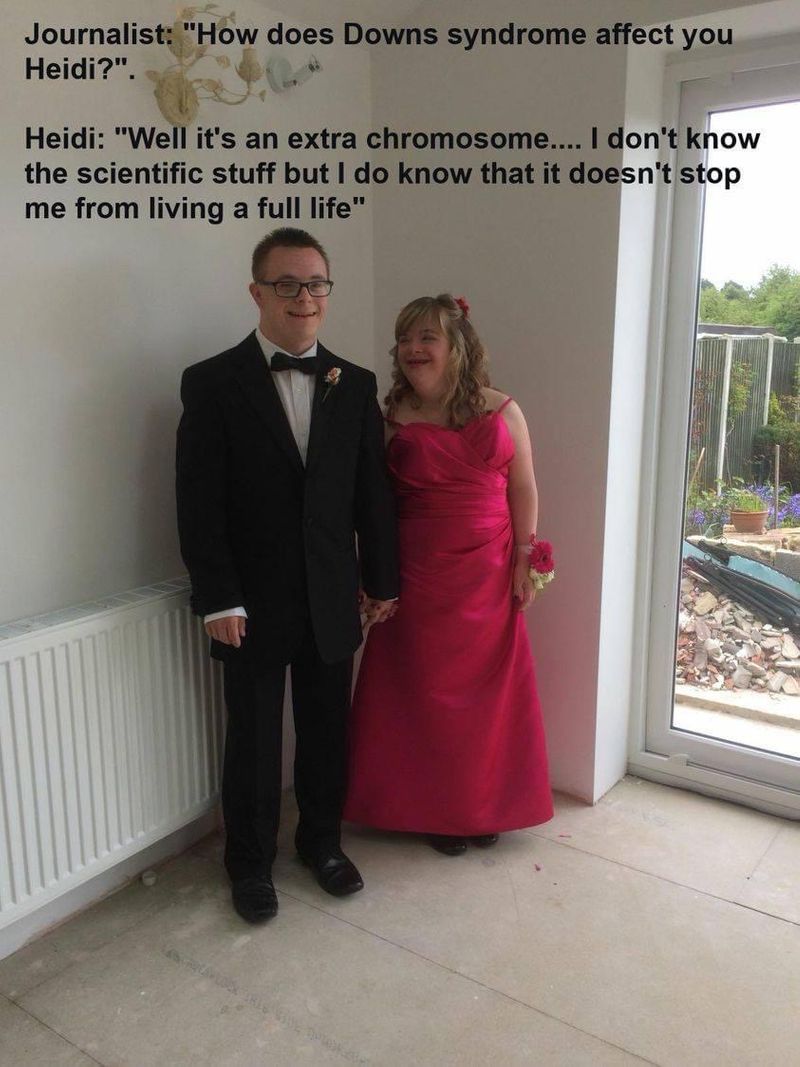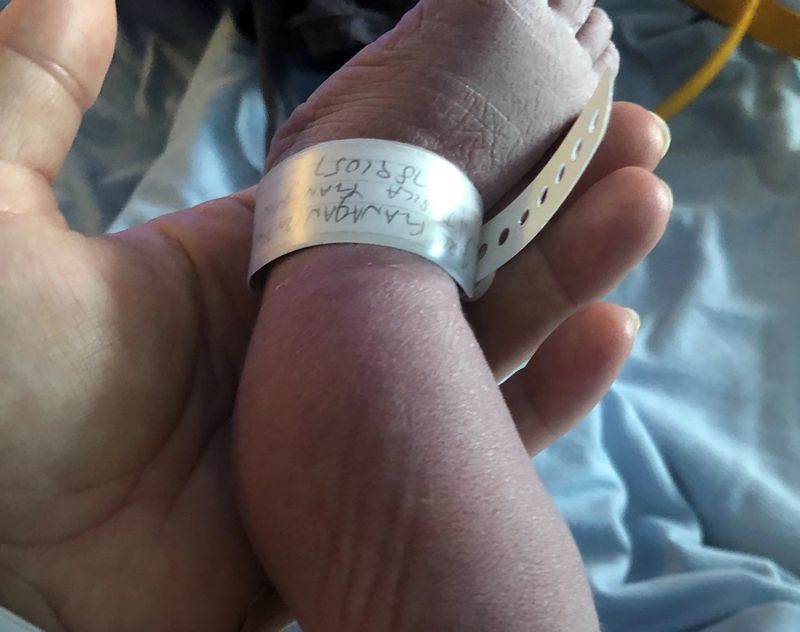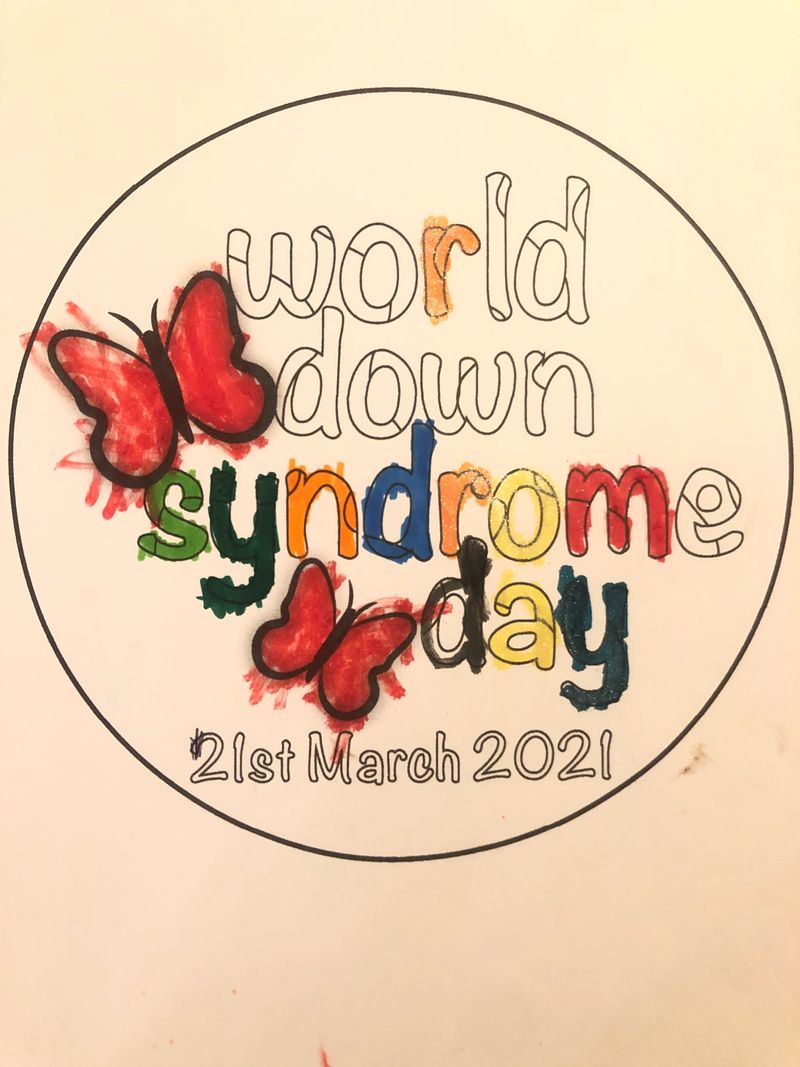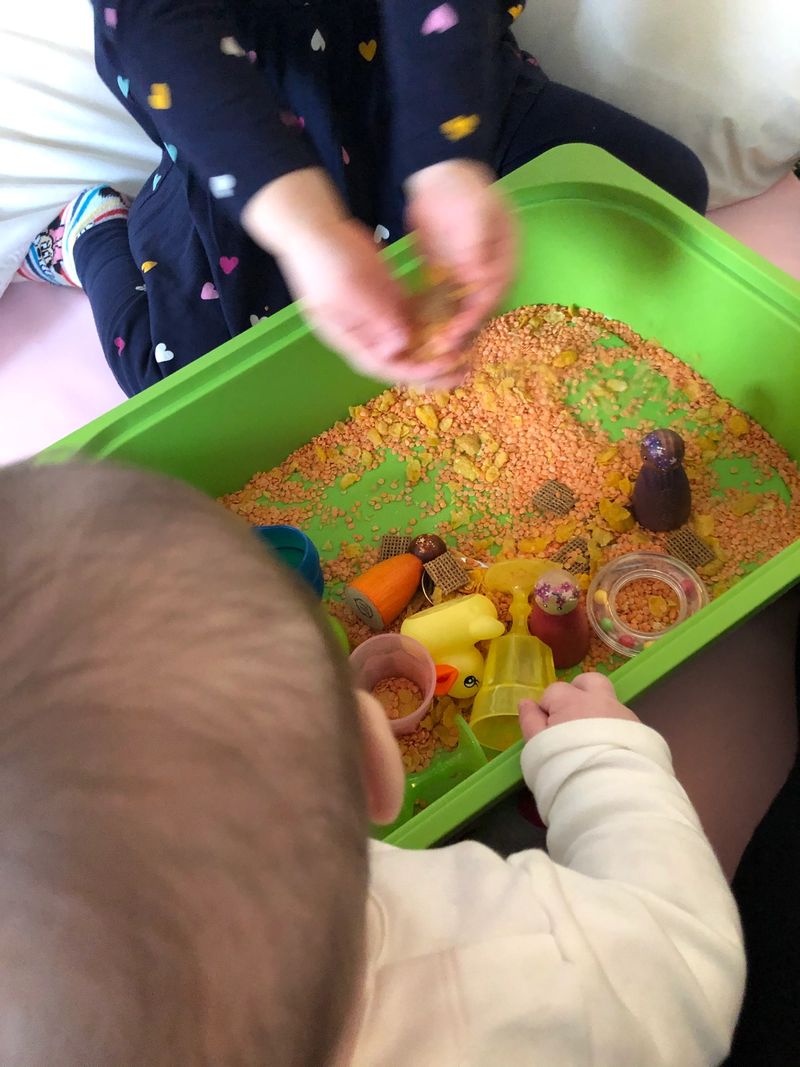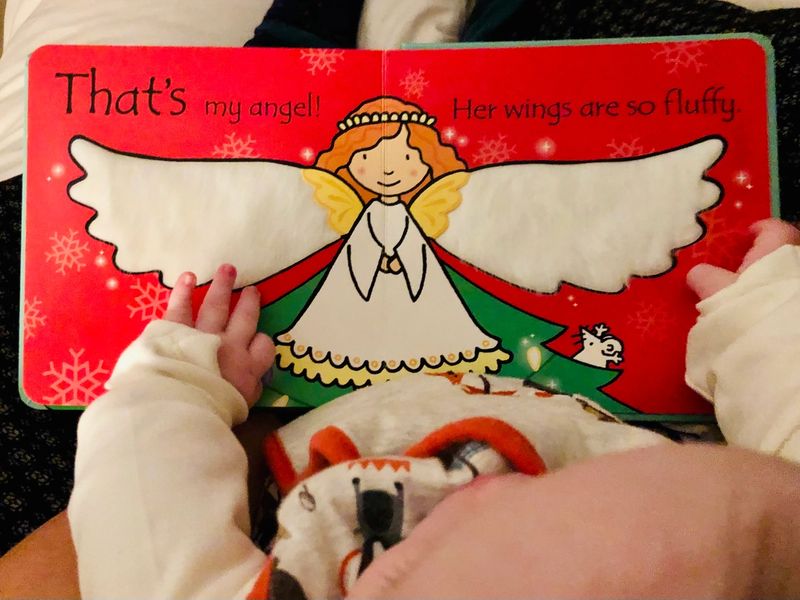WDSD Quick Win 6 - ‘Brush Your Teeth’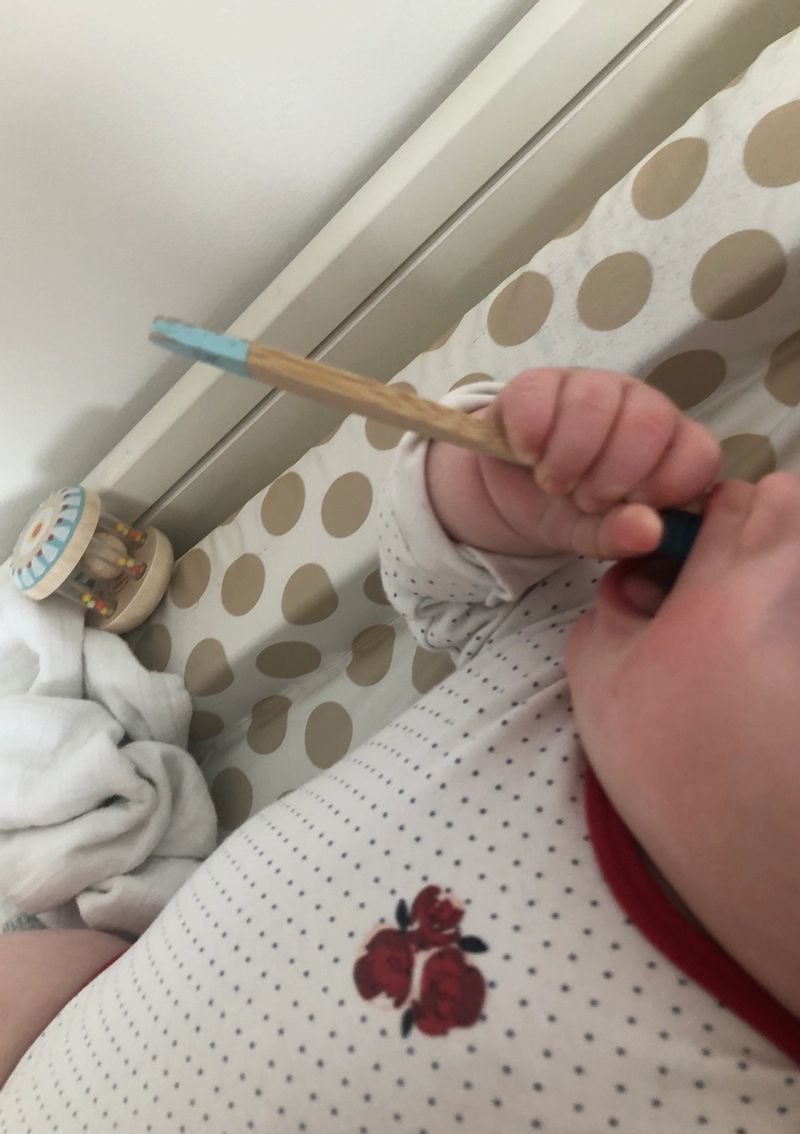
When I first looked to Facebook to see what support groups were available I came across ‘Bristol Down Syndrome’. It’s not hugely active but there are some lovely people there and when I introduced myself and asked what information I could helpfully arm myself with whilst I was waiting for Frida to arrive - I received really lovely messages. Other than Nicola’s suggestion that I join the PADS Great Expectations group, the two that I still remember clearly are 1) just enjoy your pregnancy and your baby (which I did and do very wholeheartedly) and 2) start brushing your baby’s teeth at around 6 months even if he/she doesn’t have teeth.
From everything I’ve read on teeth (not a huge amount because unless I really need to know about something I try not to crowd / worry my brain with information!) babies with Down syndrome can reasonably expect to start to teeth a little later and for their teeth to arrive in a sequence all of their own. So for us parents it is anyone’s guess and I am excitedly yet patiently waiting to see where the first will arrive. I think I’ll be a bit disappointed if it is one of the bottom front two teeth!
Like all things where there might be a bit of extra waiting time, I know that her teeth will come eventually so I’m not fussed about when. But when they do arrive I want her to have good dental hygiene and that involves tolerating a toothbrush. We started brushing Ada’s teeth really early so that she never knew any different so that tip really spoke to me and I made a note to make sure we had toothbrushes ready for when Frida turned 6 months.
Since then, we’ve been gently brushing over her gums a few times with a soft bamboo brush every night and she smiles at the sensation, grabs the brush and tries to do it herself.
Babies with Down syndrome are a little more likely to have sensory sensitivities and the mouth and face are places where this could be felt most keenly. So starting brushing early and building up a tolerance to the sensation of touch in her mouth has hopefully made sure we’ve avoided any later rejection of the toothbrush. It is also working on her hand-eye coordination so a double whammy for supporting development.
Long may that continue! So a quick win (a speedy brush once a day) for what I hope to be a lasting benefit of good oral hygiene and a desire and ability to do it herself.

